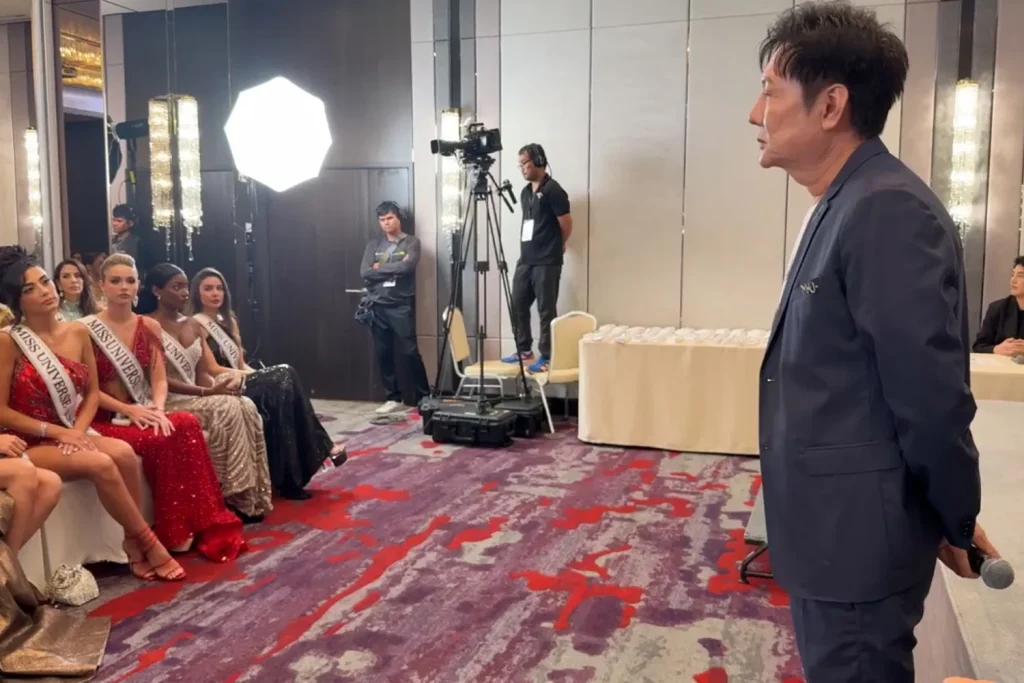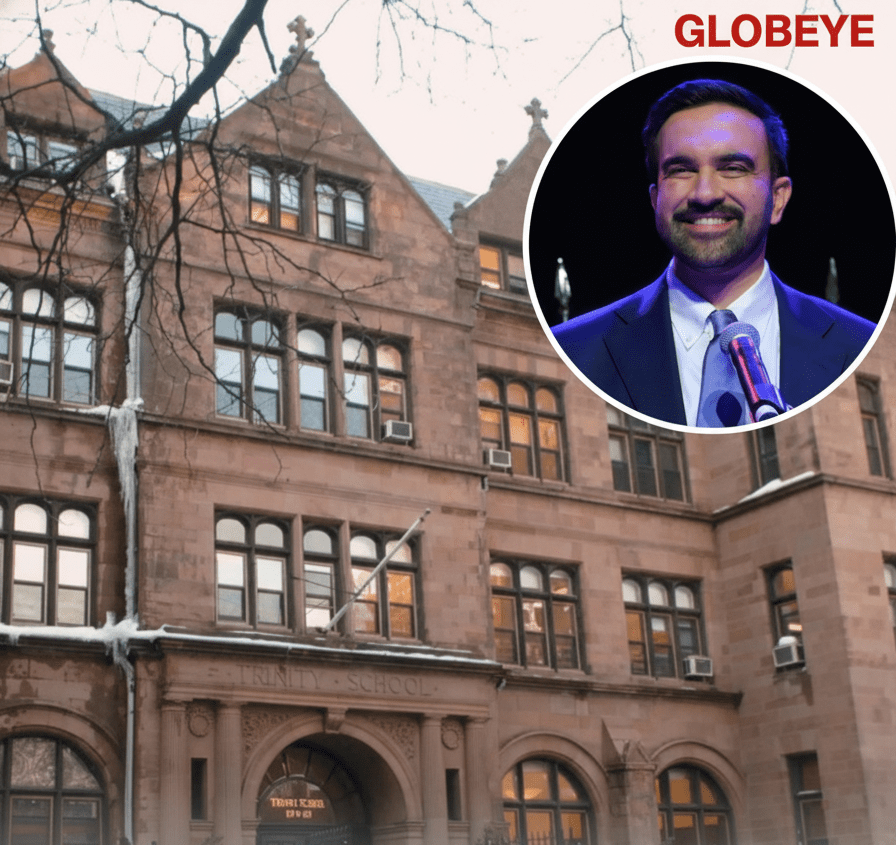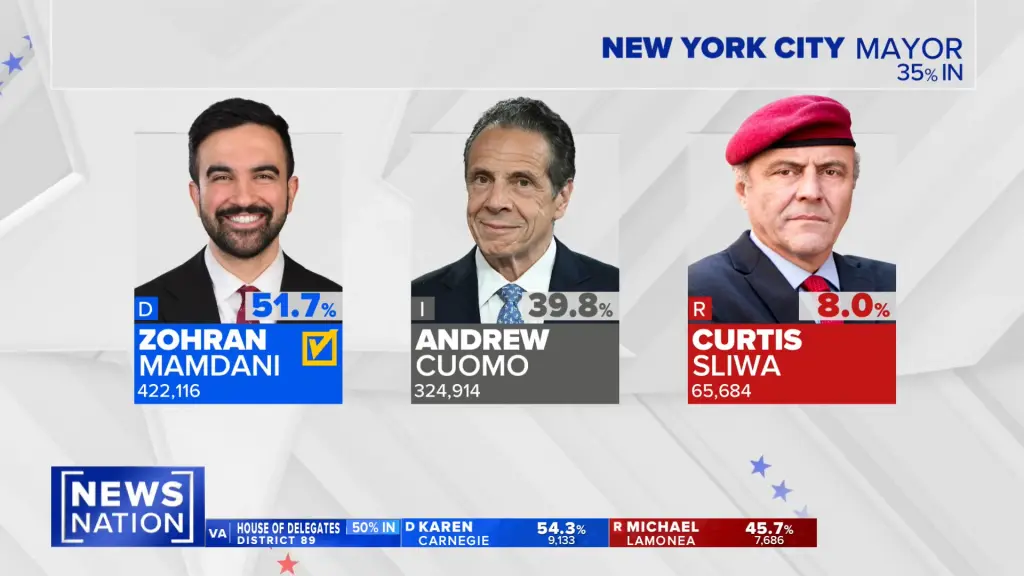Miss Universe Chaos: Miss Mexico Speaks Out After Executive Publicly Calls Her a “Dummy,” Sparking Global Outrage and Contestant Walkout
The Miss Universe 2025 competition, long regarded as a global celebration of grace, intelligence, and empowerment, took a shocking turn this week when Miss Mexico, Fátima Bosch, found herself humiliated during a livestreamed event by one of the pageant’s top executives. What began as a routine pre-pageant activity in Thailand quickly spiraled into international controversy, triggering outrage across social media, a mass contestant walkout, and calls for reform within the organization.

Bosch, a 25-year-old psychology student and advocate for mental health awareness, was attending a sash ceremony for Miss Universe contestants when tensions suddenly erupted. The event, broadcast live across multiple platforms, featured Nawat Itsaragrisil, an executive associated with the pageant’s organizing committee, addressing contestants about their conduct and participation in sponsor-related activities. His tone turned critical, accusing several delegates of failing to follow instructions during promotional shoots. The atmosphere shifted from glamorous to uncomfortable in a matter of seconds.
Witnesses said the exchange became heated when Itsaragrisil directed his remarks toward Bosch. He accused her of not showing enough enthusiasm for sponsor appearances, implying that she had disregarded instructions. Bosch, standing tall in her red gown and sash emblazoned with “Miss Universe Mexico,” attempted to respond calmly, explaining that she was simply following the guidance of her national director. But as she began to speak, Itsaragrisil interrupted her — and then came the word that stopped the room cold. “Dummy.”
The insult echoed across the hall, caught clearly on the livestream and replayed thousands of times across social media within hours. The moment immediately triggered visible discomfort among contestants and stunned silence from the audience. Bosch’s expression stiffened, her voice steady but wounded, as she replied, “You are not respecting me as a woman.” Her words, dignified but firm, resonated far beyond the ballroom. Within minutes, contestants from several countries stood up and walked out in solidarity — an almost unprecedented act in the pageant’s history.

Clips of the incident went viral within hours. Fans across Mexico, Latin America, and beyond took to social media under hashtags like #RespectMissMexico and #WeStandWithFatima, denouncing what they called blatant disrespect and bullying. Thousands expressed outrage that an event claiming to empower women could allow such treatment. Some called for the resignation of Itsaragrisil, while others demanded accountability from the Miss Universe Organization (MUO).
The organization moved quickly to contain the damage. MUO President Raúl Rocha Cantú issued a statement condemning any form of disrespect and reaffirming the competition’s commitment to “honoring every woman’s voice, confidence, and dignity.” He added, “What was witnessed on camera does not reflect the values of Miss Universe. Every delegate deserves respect, regardless of nationality, opinion, or background.”
Itsaragrisil later issued a public apology, though his statement — “If anyone was not comfortable, I apologize for everyone” — only fueled criticism for its vague wording and lack of direct acknowledgment. Critics called it insincere, noting that he never mentioned Bosch by name. The Miss Universe Thailand host committee has since faced mounting pressure to take formal action, and several sponsors have reportedly expressed concern over the reputational fallout.
For Bosch, the experience was both traumatic and transformative. Speaking days later through her official Instagram account, she thanked supporters around the world for their solidarity and reiterated her reason for competing: “I came here to raise my voice — not to be silenced, not to be diminished. My purpose is to represent every woman who has ever been told to sit down and stay quiet.” Her words struck a chord, turning the episode into a defining moment for pageant politics in 2025.

Bosch, who hails from Sinaloa, has been known for her advocacy of mental health and women’s education initiatives. In interviews before the pageant, she spoke openly about using her platform to promote resilience and empathy. That authenticity, her supporters say, made her reaction all the more powerful — she didn’t lash out; she stood her ground with grace. “She represented Mexico perfectly,” one fan wrote online. “Strong, elegant, and unwilling to accept disrespect.”
Pageant insiders have described the fallout as one of the most damaging public relations crises in Miss Universe’s modern history. Contestants have since confirmed reports that multiple delegates confronted organizers privately afterward, expressing frustration with how participants were being treated. “We were not here to be silenced,” said one European contestant, who asked not to be named. “When we saw Miss Mexico stand up for herself, we knew we had to stand with her.”
The walkout — captured in fragments of the livestream — included contestants from Denmark, Colombia, and South Africa, among others. Miss Universe 2024 winner Victoria Kjær Theilvig, present at the event, was among the first to rise in support of Bosch. Her symbolic gesture of leaving the stage instantly went viral. For longtime observers, this act of unity among contestants was unprecedented — a clear sign that the next generation of beauty queens expects to be treated not as silent figures but as independent women deserving respect.
The Miss Universe brand has long touted empowerment and inclusivity as its core values, especially since its major overhaul under new ownership in 2023. But critics say the incident exposes lingering cultural and institutional gaps. “You can’t preach empowerment on stage and tolerate humiliation behind the scenes,” noted one former Miss Universe judge. “This is the moment for the organization to prove it means what it says.”
Bosch has since confirmed she will continue competing in the Miss Universe 2025 event, scheduled to conclude later this month in Pak Kret, Thailand. “I will keep going,” she said in her statement. “I came to represent the strength of Mexican women, and I will not let one moment of disrespect define my journey.” Her resolve has only amplified her public image, with many now calling her a frontrunner not just for her poise but for her courage.
Support for Bosch has come from across Latin America and beyond. Former Miss Universe titleholders, influencers, and women’s rights advocates have expressed solidarity, with some praising her as a symbol of grace under fire. The Mexican Embassy in Thailand reportedly reached out privately to Bosch’s team to ensure her wellbeing amid the controversy.
Meanwhile, the Miss Universe Organization faces a reputational crossroads. Whether it can maintain credibility among fans and sponsors may depend on how it addresses this controversy and prevents similar incidents in the future. For now, Bosch’s composure and the contestants’ walkout have forced an uncomfortable but necessary conversation within the global pageant world.
The power dynamics of beauty competitions — long shaped by sponsorships, image control, and hierarchy — are evolving fast. Contestants are no longer silent ambassadors; they are activists, advocates, and cultural voices with millions of followers watching their every move. Bosch’s defiance has shown that the modern Miss Universe is not just about beauty or charm. It’s about standing firm when respect is on the line.
The viral moment has already changed how people talk about the pageant. In one clip viewed more than 10 million times, Bosch, still holding her small Mexican flag, looks directly into the camera after being interrupted and says calmly, “Because I have a voice.” It was the line heard around the world — one that turned a contestant into a movement.



